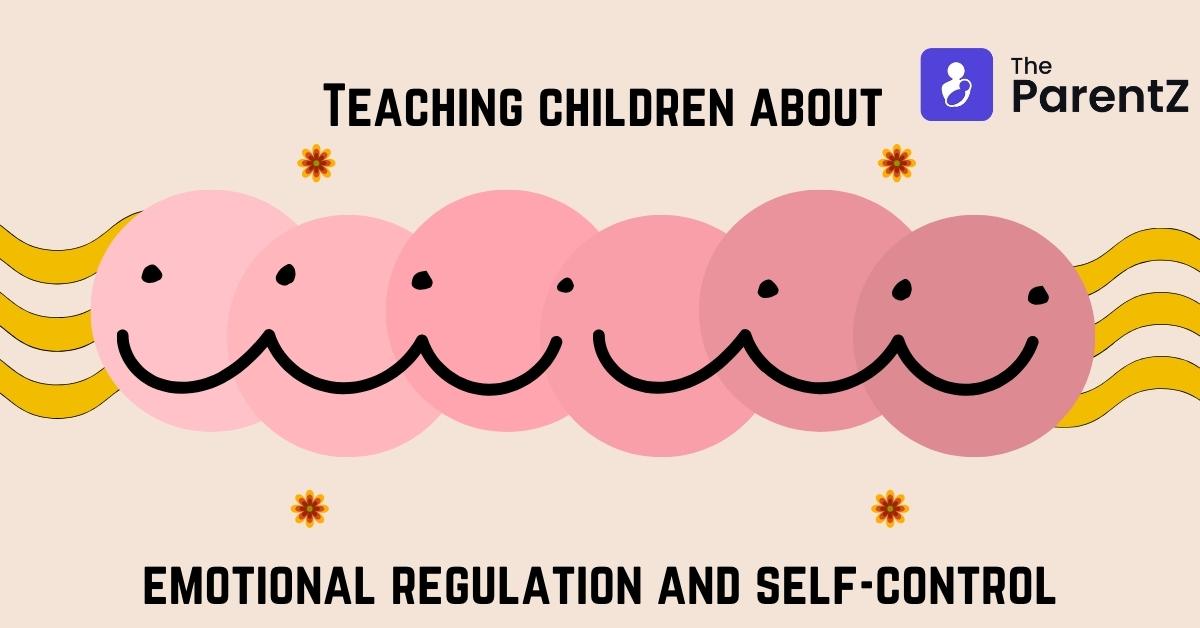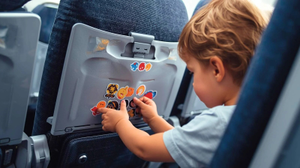Emotional regulation and self-control are fundamental skills that children must develop to navigate life successfully. Emotional regulation involves managing and expressing emotions in healthy and appropriate way, while self-control mean controlling impulses and behaviors. By teaching children these skills, we can help promote emotional intelligence and enhance their overall well-being.
1. Creating a Safe and Supportive Environment
A safe and supportive environment plays an important role in enabling children to comfortably express and manage their emotions. Establishing open lines of communication where children feel heard and understood without judgment is essential. Encourage children to share their feelings and thoughts, validating their experiences and emotions. Creating an emotionally safe environment provides a foundation for teaching emotional regulation.
2. Recognizing and Labeling Emotions
Assisting children in understanding and identifying their emotions is a crucial step towards emotional regulation. Teach them to recognize different emotions by providing examples and discussing situations that elicit specific feelings. Encourage kids to express their feelings by using words like thrilled, sad, furious, or irritated. Giving emotions names helps kids become more self-aware and improves their ability to express their emotions.
3. Teaching Coping Strategies
Empowering children with coping strategies enables them to effectively regulate their emotions. Introduce them to a range of techniques, including meditation, deep breathing, and involvement in physical activities like sports or art. Motivate them to select strategies that align with their preferences and consistently practice them. These mechanisms offer wholesome avenues for emotions and instruct children on how to handle their responses.
4. Practicing Self-Control through Delayed Gratification
Delayed gratification is a powerful tool for cultivating self-control in children. Engage them in activities that require waiting for rewards or outcomes, such as puzzles, games, or saving money for something they want. By encouraging patience and resisting immediate impulses, children develop self-control and learn the value of perseverance and long-term goals.
5. Modeling Emotion Regulation
Children learn most effortlessly by observing the actions of adults in their vicinity, particularly their parents, caretakers, and teachers. Set a positive example for them by demonstrating emotional self-control in your own life. Illustrate how to handle challenging circumstances with composure, express emotions in a suitable manner, and effectively cope with stress. By exhibiting healthy emotional responses, you present an ideal model for children to imitate.
6. Encouraging Emotional Communication
It is essential for emotional management to teach kids how to verbally communicate their emotions. Teach children to communicate their emotions in an honest manner by providing them with the language and vocabulary they need for better communication. Listen attentively and empathetically, demonstrating that their emotions are valid and worthy of understanding. By fostering emotional communication, children learn to express themselves appropriately and seek support when needed.
7. Setting Clear Boundaries
Establishing clear boundaries helps children develop self-control by understanding acceptable behaviors and limits. Consistently enforce rules and consequences, teaching them about responsibility and accountability for their actions. Providing a clear explanation for establishing boundaries aids children in comprehending the significance of self-control and its role in fostering a harmonious environment.





Be the first one to comment on this story.